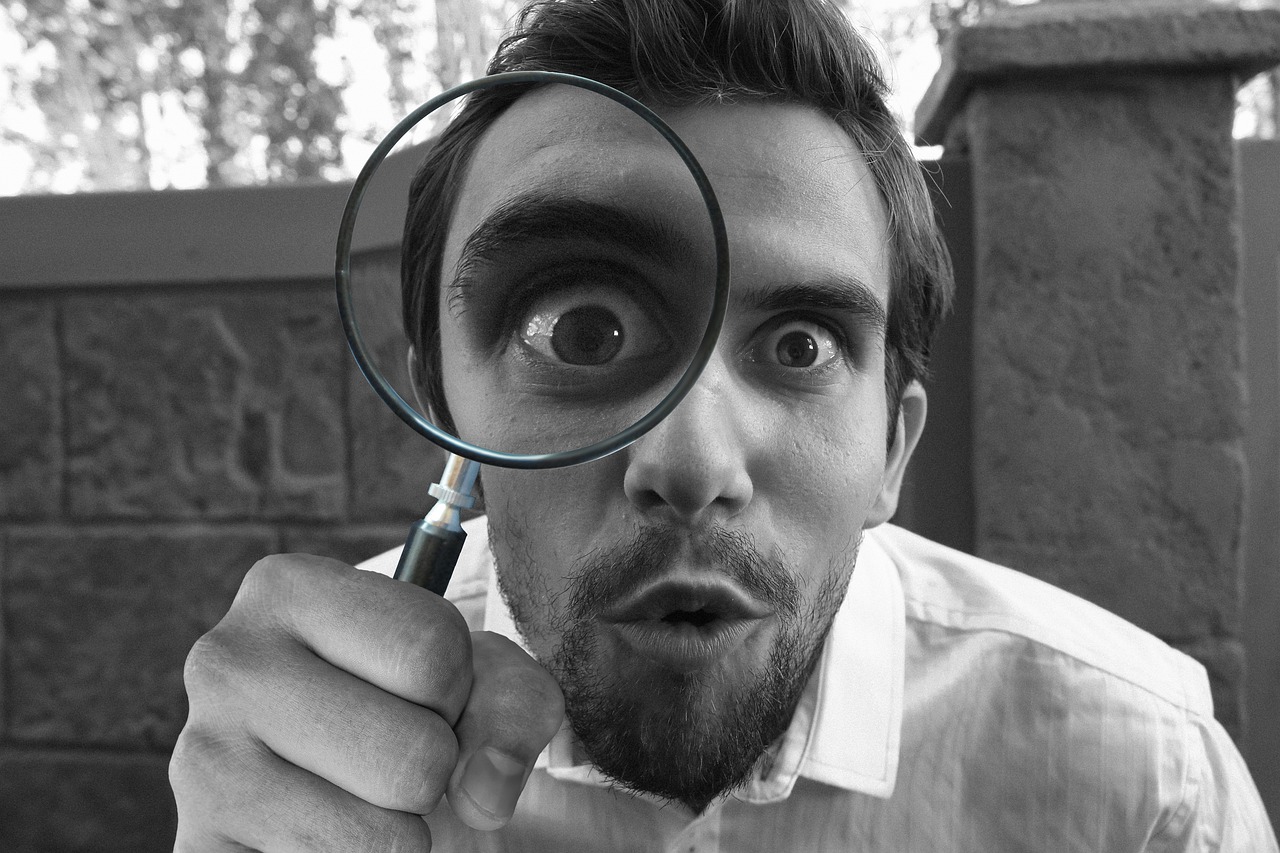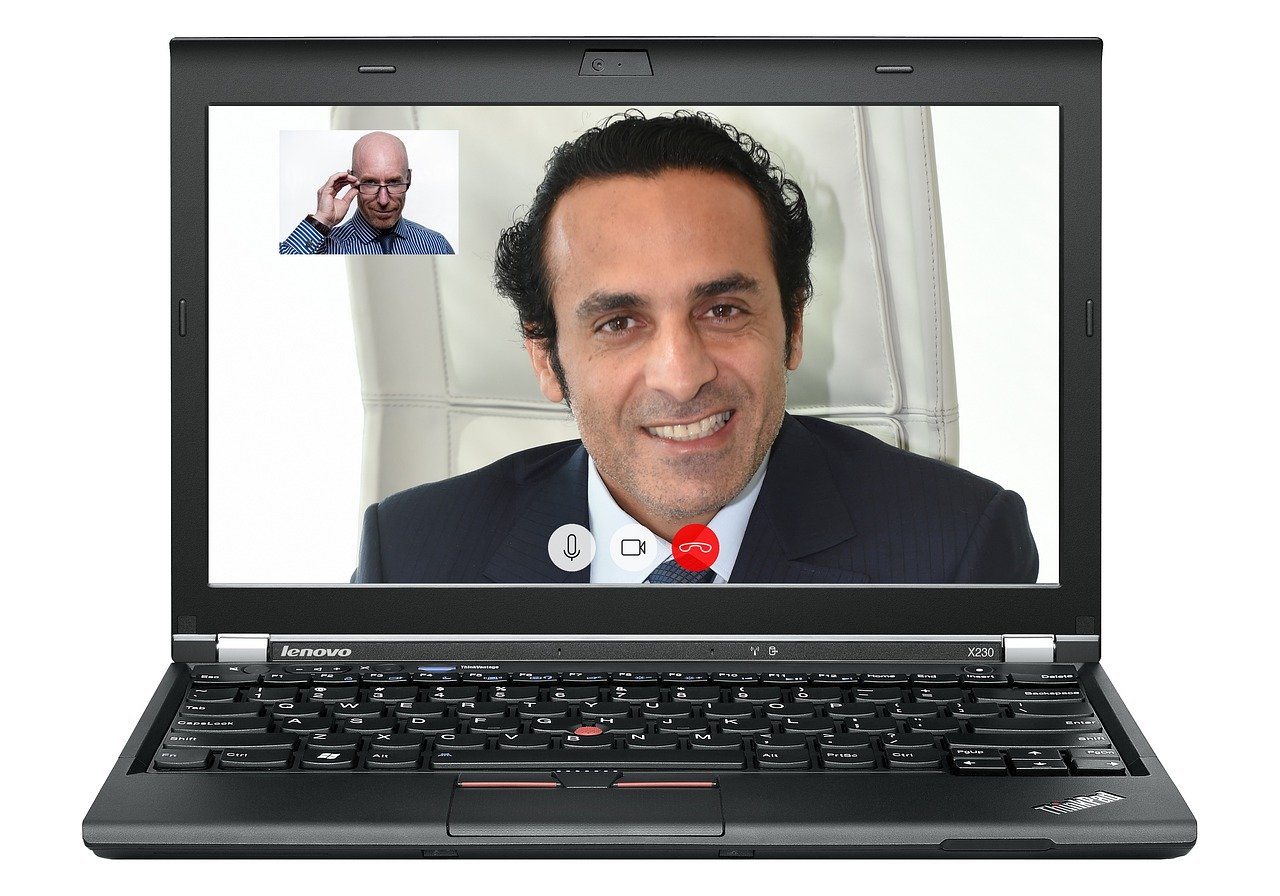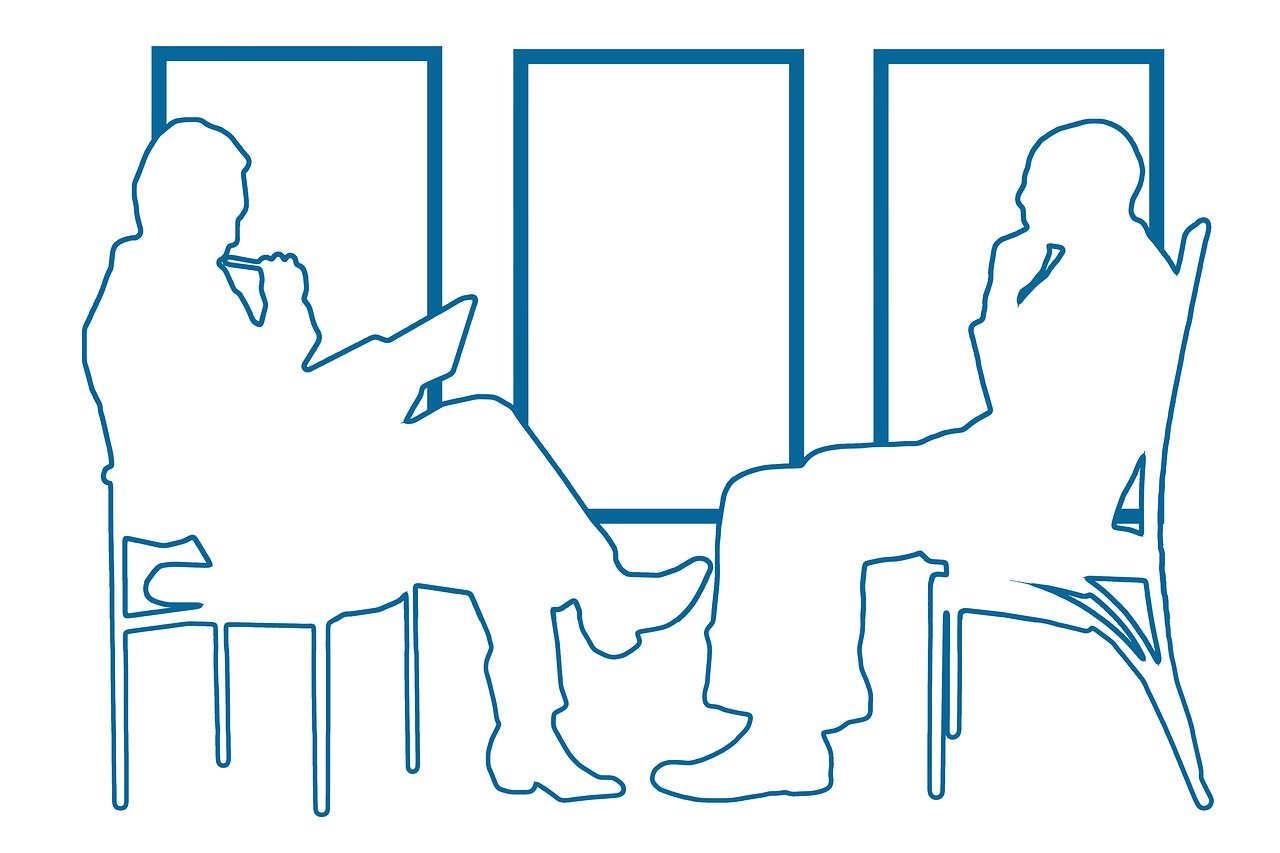
Rapid speech is prevalent when people are in unfamiliar situations. I, myself, tend to talk a bit quickly at times. But an excellent radiology residency interview can turn into something else if you don’t remember to take down the speed of speech a notch or two. We have seen it all too many times. Here are some reasons you should listen to yourself, pace your speaking, and prevent yourself from rapid speech with your interviewer at the speed of light.
Flight Of Ideas Suggests Lack Of Focus
Whether it may or may not be accurate, when you sputter, it implies that you may have difficulty concentrating on one topic at a time. Or, otherwise, this mental state we call a flight of ideas. Residency directors do not want residents that cannot focus on studying, reading films, and performing procedures. All these parts of radiology residency take tons of mental energy and focus. All this ability is cast into doubt when you are speaking rather quickly.
It Might Be Very Difficult To Understand
When you speak quickly and do not enunciate your words well, your speech can become very difficult to understand. Sometimes older folks have an even more challenging time comprehending what you are saying because their hearing is not as good. Regardless, if you are hard to understand because you are speaking so rapidly, imagine what might happen when you have a team of surgeons expecting a verbal wet read. Will you keep on talking incomprehensibly? These thoughts are, first and foremost, among the faculty interviewing you!
Rapid Speech Can Give Your Interviewer An Unsettling Feeling
Have you ever tried to interview a patient with hyperthyroidism? Many times you can’t get a word in edgewise. Why? Because all that thyroid hormone circulating in their system causes elevated metabolism, a rapid heart rate, and pressured speech. Moreover, a conversation usually involves a bit of give and take. In this situation, it is very unsettling to have a conversation with someone that barely lets you respond. The interviewer will most likely be trying to imagine what it would be like to have someone next to them for hours that didn’t ever stop yammering! This trait is not favorable for a radiology resident!
Trying To Hide Something?
In our culture, we perceive those that speak fast to be hiding something. It could be a personality flaw, an issue, or a problem with the application. Regardless, rapid speech could portend deeper issues with the interviewer at hand. We want our candidates to be open book and easy to approach. So, jabbering can destroy the impression that you are trying to make.
Rapid Speech While Interviewing
Talking too quickly is something that you can easily correct, but you will need to think about it and be deliberate. Listen to yourself by taping a mock interview with your colleagues or family on your smartphone or computer. And play it back and see how fast you are talking. If you find yourself hard to understand or with a bit of pressured speech, dial back your speed at the following conversation/interview. And be aware of the pace of your speaking. Although not harmful in and of itself, talking quickly can leave an impression of a lack of focus, incomprehensibility, unsettling feelings, and ideas that you may not be forthcoming. And this is an issue that you can quickly repair. So, fix this issue before you get to your following radiology interview. It can make the difference between achieving a spot in your desired program or not!










